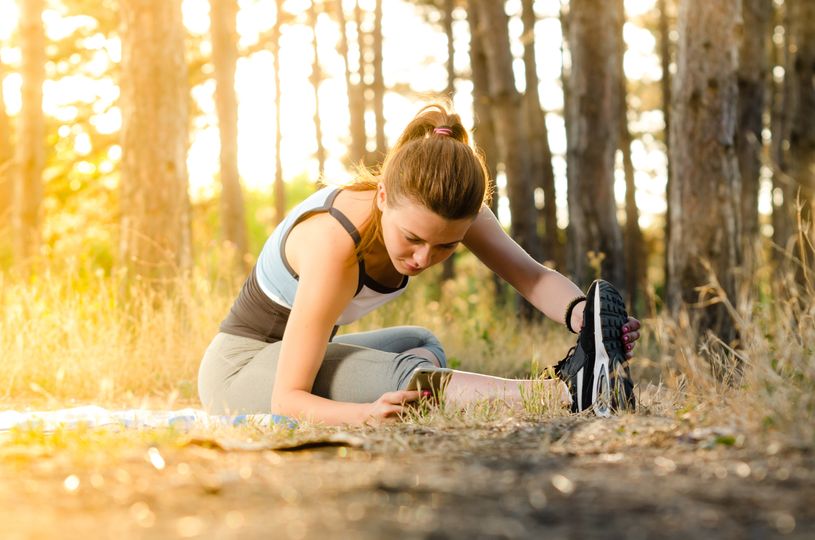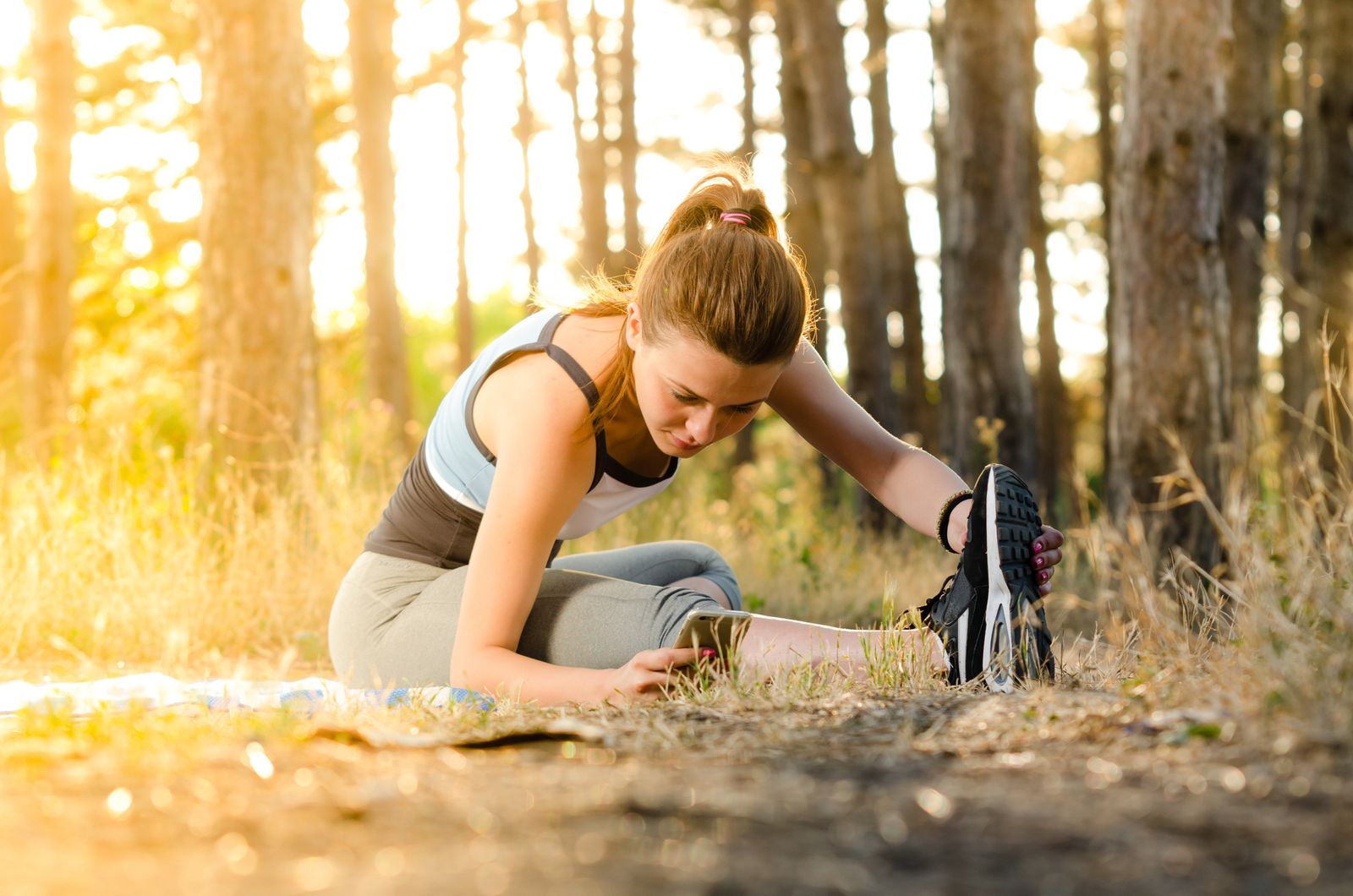Friday With Natasha: Habits
By Zoe Greenwood, August 3 2020

Did you know that 40% of the actions you do each day are done without your active knowledge – they happen through habit. Many of the small actions you do from the moment you wake up until the minute you climb into bed are automatic – the purpose for this is that it frees our brain to focus on other more challenging things each day. Despite the importance of habits, few people know much about how they work. They are often thought of negatively, such as a drug habit or a gambling habit, however, they make it possible for us to do things without spending exorbitant mental effort. They make everyday life possible – for good or bad.
Good habits help to create routine, order and efficiency. Unfortunately, bad habits have the opposite effect and can lock us into negative or rigid patterns of behaviour. Bad habits, such as overeating, smoking or negative thoughts, can be damaging to our health and wellbeing. Once you understand how significant our habits are you can begin to see how life-changing they can be as once a habit is created it does not require significant effort or discipline to maintain it. Friends often ask me how I can be so disciplined with my exercise routine but it is something I have been doing for more than 20 years, it is totally habitual – my body craves it and I do it automatically. I know the same is true for my friends that I think of being super disciplined with their healthy diet – most of the way we eat is through habit, so it requires no effort for them to eat the way they do. A good example is that of a smoker vs a non-smoker: a non-smoker requires zero discipline to not smoke – it is not something they think about whereas for a smoker trying to quit is enormously challenging.
So, how do you change your habits?
I recently read a brilliant book “The Power of Habit” by Charles Duhigg which includes a framework for understanding and changing habits. It is a relatively complex book but if you break down into simple steps this is how I understood the process for recognising and changing habits:
1
A period of study of the habit – notice the habit, when do you do it, where are you, what were you feeling at the time, what happened just before. You are trying to work out what triggers it – in most cases, it is boredom or a need for social interaction. Once you know when you do and have an idea why you are doing it you can begin to change it.
2
Find something else to replace the habit – call a friend, have a cup of tea, an apple or a quick walk – obviously, there is no quick answer here – it is about trying to work out a healthier option that might also meet the underlying requirement – a change of scene or a quick laugh. It is a good idea to test a few different options to work out which is the most satisfying.
3
This process then has to be repeated for minimum of 30 days to reinforce and replace the original habit, it does require a period of discipline and commitment but the goal is to change the habit so it is not something that you have to think about anymore – it becomes automatic to have an apple mid-afternoon rather than a bag of M&Ms.
The cumulative impact of habits on your life and health are massive – for me, it has been much easier to make some changes to my lifestyle knowing the practical steps that I needed to take to change it.





